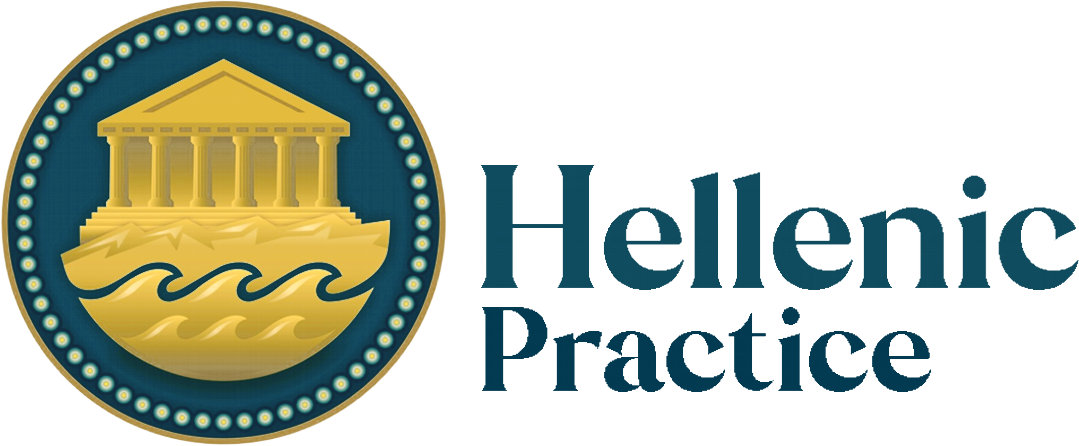Addiction treatment
Alcohol Addiction
Alcoholism, known as alcohol use disorder (AUD), is a chronic condition marked by compulsive alcohol consumption, loss of control, and negative consequences. It alters brain chemistry, leading to tolerance, dependence, and withdrawal symptoms. Genetic, environmental, and psychological factors contribute. Alcohol is a leading cause of harm globally, contributing to about six percent of deaths. It increases the risk of cancer, cardiovascular diseases, liver cirrhosis, anxiety, and depression. Alcohol disrupts brain biochemistry, causing behavioral changes. Treatment involves detoxification, medication, and counseling for physical and psychological aspects. Long-term recovery requires ongoing support. A comprehensive treatment plan supports individuals in achieving recovery and improving their overall health and well-being.
At Hellenic Practice, we understand the process of treating alcoholism to help you live an addiction free life.


Illicit Drug Addiction
Illicit drug addiction, or substance use disorder (SUD), is a chronic condition marked by compulsive drug seeking and use despite harmful consequences. Available on black markets, drugs like Marijuana, Cocaine, Heroin, and more pose significant risks. Lack of regulation allows for adulteration, exacerbating addiction and side effects. Illicit drug abuse alters brain structure and function, impacting reward systems. Without treatment, it can lead to deteriorating health and early death. Treatment involves behavioral therapies, holistic activities, and medication-assisted treatment. Early intervention and ongoing support are crucial for successful recovery and relapse prevention. A comprehensive treatment plan addresses the complex needs of individuals with illicit drug addiction, promoting recovery and overall well-being.
At Hellenic Practice, we understand the process of treating illicit drug addiction to help you live an addiction free life.
Prescription Drug Addiction
Prescription drug addiction, or prescription drug use disorder (PDUD), is a chronic condition marked by compulsive seeking and misuse of medications like opioids, CNS depressants, and stimulants, despite harm. Addiction arises from potent effects on the brain’s reward system, leading to neurobiological changes reinforcing drug-seeking behaviors. Factors contributing to addiction include genetic predispositions, environmental influences, and prolonged use leading to tolerance and dependence. Symptoms range from cravings and withdrawal to social and occupational impairment, worsening over time. Treatment involves comprehensive approaches like behavioral therapies, medication-assisted treatment, detoxification, and holistic practices. Early intervention and ongoing support are vital for recovery and relapse prevention, offering individuals with PDUD the support needed to improve their overall health and well-being.
At Hellenic Practice, we understand the process of treating prescription drug addiction to help you live an addiction free life.


Nicotine Addiction
Nicotine addiction, or tobacco dependence, is marked by compulsive use of nicotine-containing products despite health risks. Nicotine binds to brain receptors, triggering dopamine release and neuroadaptations, leading to tolerance and dependence. Addiction entails escalating consumption and difficulty quitting. Symptoms include cravings, irritability, and difficulty concentrating. Long-term addiction raises risks of cardiovascular disease, respiratory disorders, and cancer. Treatment involves behavioral counseling, nicotine replacement therapy, medications, and holistic approaches. Successful quitting often requires multiple attempts and ongoing support. A comprehensive treatment plan supports individuals in achieving recovery and improving overall health.
At Hellenic Practice, we understand the process of treating nicotine addiction to help you live an addiction free life.
Technology Addiction
Technology addiction, or internet addiction, is marked by excessive engagement with digital devices and online activities, leading to negative consequences. It encompasses dysregulated relationships with smartphones, computers, social media, gaming, and online gambling. Similar to substance addictions, it involves dysregulation in the brain’s reward pathways, causing cravings and withdrawal symptoms. Psychological factors like mental health conditions or stress contribute to its development. Treatment involves psychotherapy, cognitive-behavioral interventions, and setting limits on screen time. Family involvement addresses underlying factors and promotes recovery. A comprehensive plan supports individuals in achieving recovery and improving overall well-being.
At Hellenic Practice, we understand the process of treating technology addiction to help you live an addiction free life.


Gambling Addiction
Gambling addiction is a serious mental health disorder that can have devastating consequences. According to research, gambling addiction is characterized by an inability to control gambling urges, leading to financial ruin, damaged relationships, and even legal problems, Hellenic Practice offers comprehensive treatment options for those struggling with gambling addiction. Their approach combines behavioral therapy, medication, and support groups to address the root causes and provide long-term recovery solutions. By addressing underlying mental health conditions and teaching coping strategies, we help individuals regain control of their lives and break free from the grip of gambling addiction.
